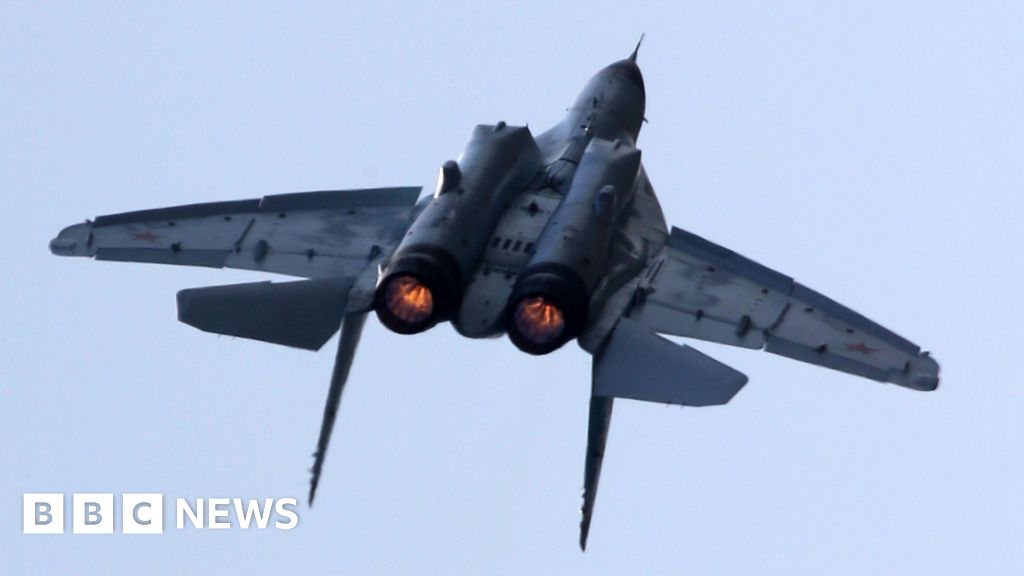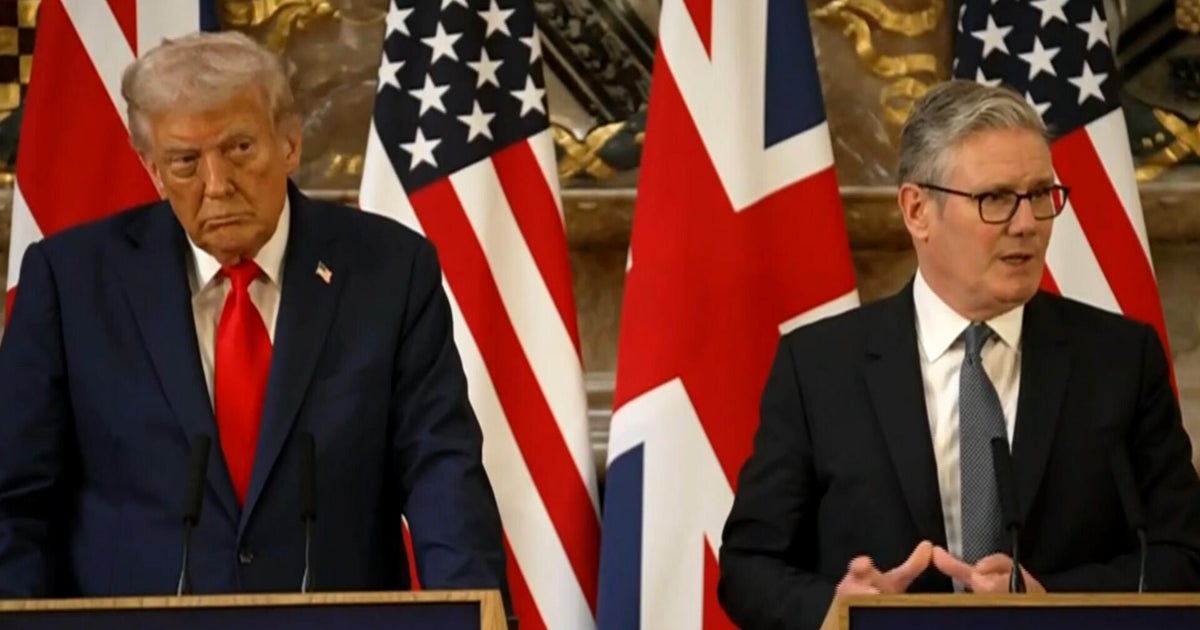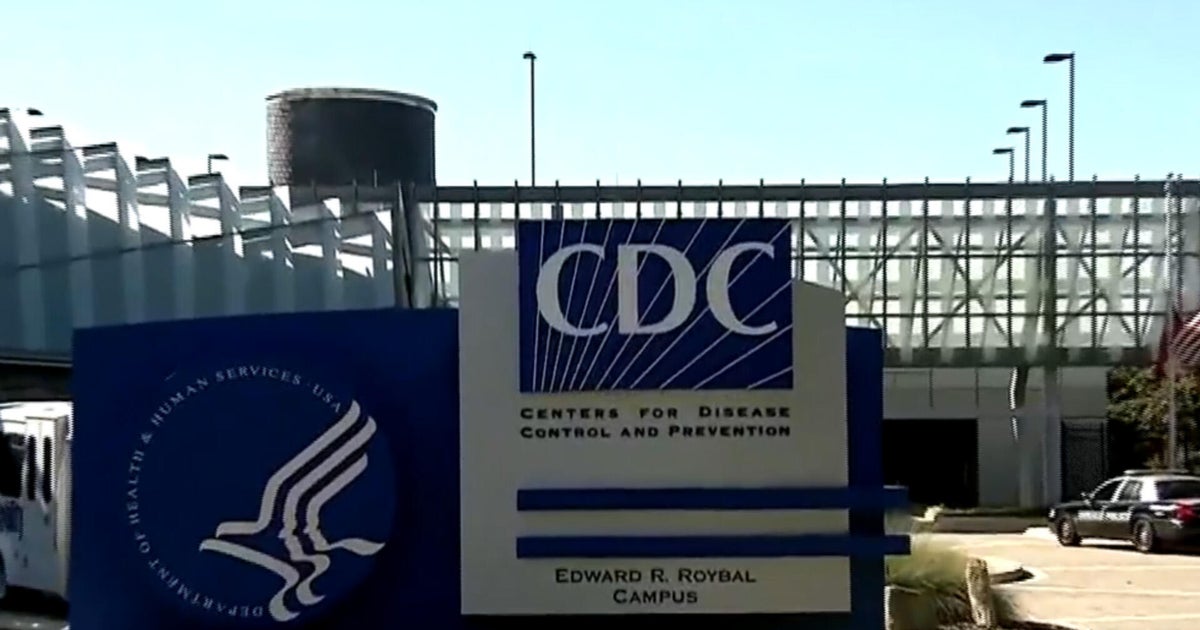The European Union proposed Friday bringing forward a ban on Russian gas imports as part of a new package of sanctions aimed at sapping Moscow's war chest after pressure from President Trump.
Under the measures presented for approval by the bloc's member states, the European Commission said it aims to phase out liquefied natural gas (LNG) purchases from Russia by January 2027 — one year earlier than planned.
"Russia's war economy is sustained by revenues from fossil fuels. We want to cut these revenues. So we are banning imports of Russian LNG into European markets," commission chief Ursula von der Leyen said. "It is time to turn off the tap."
The proposal comes as the United States pressures the EU to end fossil fuel imports from Russia and the bloc seeks, in turn, to persuade Mr. Trump to take a tougher stance on Moscow over its invasion of Ukraine. Mr. Trump has so far held back from upping pressure on Russian President Vladimir Putin but said last week he was ready to do so if allies stopped buying Russian oil and hit China with tariffs.
Von der Leyen did not give full details of the sanctions package, but officials told the Reuters news agency it would also target Chinese refineries, special economic zones, and Russian and central Asian banks.
"We are now going after these who fuel Russia's war, who purchase oil in breach of sanctions," von der Leyen said, according to Reuters. "We target refineries, oil traders, petrochemical companies in third countries including China."
The 27-nation EU has already banned most Russian oil under previous rounds of sanctions, slashing the share it imports from 29% in early 2021 to 2% by mid-2025. Only Hungary and Slovakia, friendly to Moscow and Mr. Trump, still buy it.
The multiple rounds of European sanctions imposed since Moscow invaded Ukraine in February 2022 have sought to sap its war chest with everything from asset freezes to a near-complete ban on importing Russian oil.
Despite a push to end decades of European dependency, Russia still supplied 19% of the EU's gas in 2024 — down from 45% before the war. This is in part down to an increase in purchases of liquefied natural gas (LNG) transported by sea, which has partially offset a sharp fall in pipeline imports.


















































